-
Latest Version
-
Operating System
Windows Vista64 / Windows 7 64 / Windows 8 64 / Windows 10 64 / Windows 11
-
User Rating
Click to vote -
Author / Product
-
Filename
jdk-17_windows-x64_bin.exe
-
MD5 Checksum
9c2d463830c151f0792dffb874244b54
Sometimes latest versions of the software can cause issues when installed on older devices or devices running an older version of the operating system.
Software makers usually fix these issues but it can take them some time. What you can do in the meantime is to download and install an older version of Java JDK 17.0.4 (64-bit).
For those interested in downloading the most recent release of Java Development Kit (64-bit) or reading our review, simply click here.
All old versions distributed on our website are completely virus-free and available for download at no cost.
We would love to hear from you
If you have any questions or ideas that you want to share with us - head over to our Contact page and let us know. We value your feedback!
What's new in this version:
New Features:
Core-libs/java.net:
HTTPS Channel Binding Support for Java GSS/Kerberos:
- Support has been added for TLS channel binding tokens for Negotiate/Kerberos authentication over HTTPS through javax.net.HttpsURLConnection.
- Channel binding tokens are increasingly required as an enhanced form of security which can mitigate certain kinds of socially engineered, man in the middle (MITM) attacks. They work by communicating from a client to a server the client's understanding of the binding between connection security (as represented by a TLS server cert) and higher level authentication credentials (such as a username and password). The server can then detect if the client has been fooled by a MITM and shutdown the session/connection.
- The feature is controlled through a new system property jdk.https.negotiate.cbt which is described fully in the Networking Properties page.
Other Notes:
Core-libs/java.util.jar:
Default JDK Compressor Will Be Closed when IOException Is Encountered:
- DeflaterOutputStream.close() and GZIPOutputStream.finish() methods have been modified to close out the associated default JDK compressor before propagating a Throwable up the stack. ZIPOutputStream.closeEntry() method has been modified to close out the associated default JDK compressor before propagating an IOException, not of type ZipException, up the stack.
Hotspot/runtime:
CPU Shares Ignored When Computing Active Processor Count:
- Previous JDK releases used an incorrect interpretation of the Linux cgroups parameter "cpu.shares". This might cause the JVM to use fewer CPUs than available, leading to an under utilization of CPU resources when the JVM is used inside a container.
- Starting from this JDK release, by default, the JVM no longer considers "cpu.shares" when deciding the number of threads to be used by the various thread pools. The -XX:+UseContainerCpuShares command-line option can be used to revert to the previous behavior. This option is deprecated and may be removed in a future JDK release.
 OperaOpera 117.0 Build 5408.197 (64-bit)
OperaOpera 117.0 Build 5408.197 (64-bit) PC RepairPC Repair Tool 2025
PC RepairPC Repair Tool 2025 PhotoshopAdobe Photoshop CC 2025 26.5.0 (64-bit)
PhotoshopAdobe Photoshop CC 2025 26.5.0 (64-bit) OKXOKX - Buy Bitcoin or Ethereum
OKXOKX - Buy Bitcoin or Ethereum iTop VPNiTop VPN 6.3.0 - Fast, Safe & Secure
iTop VPNiTop VPN 6.3.0 - Fast, Safe & Secure Premiere ProAdobe Premiere Pro CC 2025 25.2.1
Premiere ProAdobe Premiere Pro CC 2025 25.2.1 BlueStacksBlueStacks 10.42.50.1004
BlueStacksBlueStacks 10.42.50.1004 Hero WarsHero Wars - Online Action Game
Hero WarsHero Wars - Online Action Game SemrushSemrush - Keyword Research Tool
SemrushSemrush - Keyword Research Tool LockWiperiMyFone LockWiper (Android) 5.7.2
LockWiperiMyFone LockWiper (Android) 5.7.2
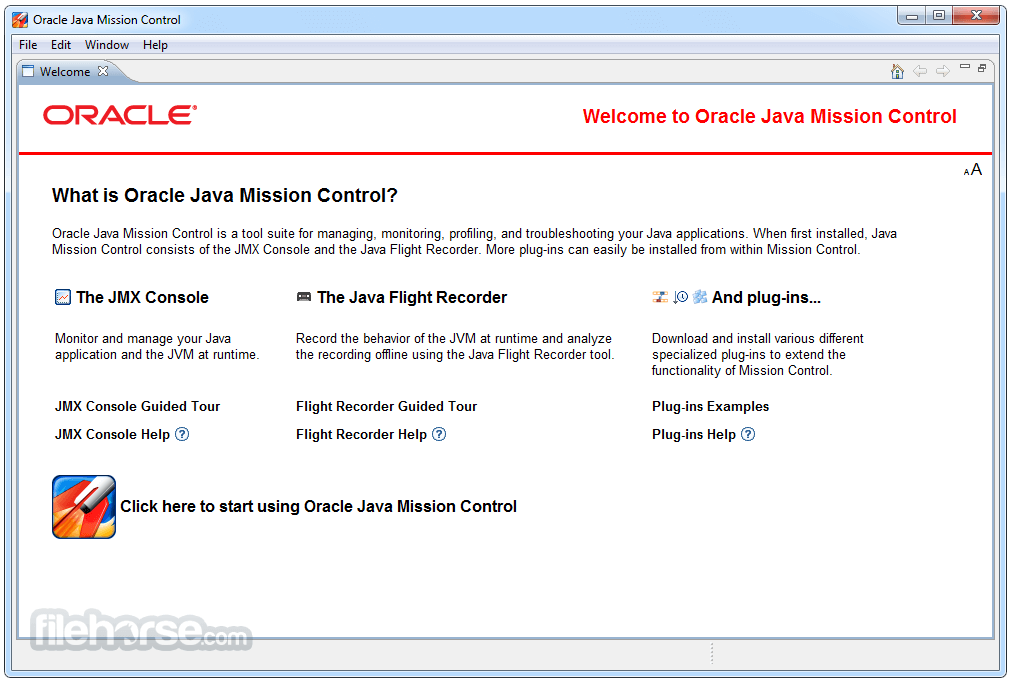
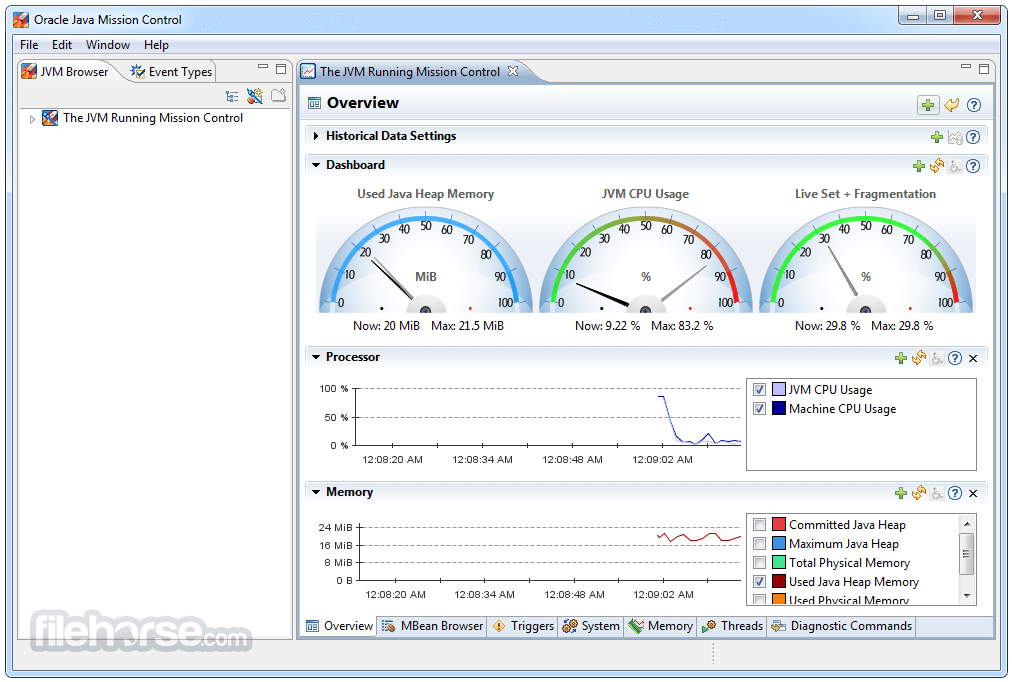
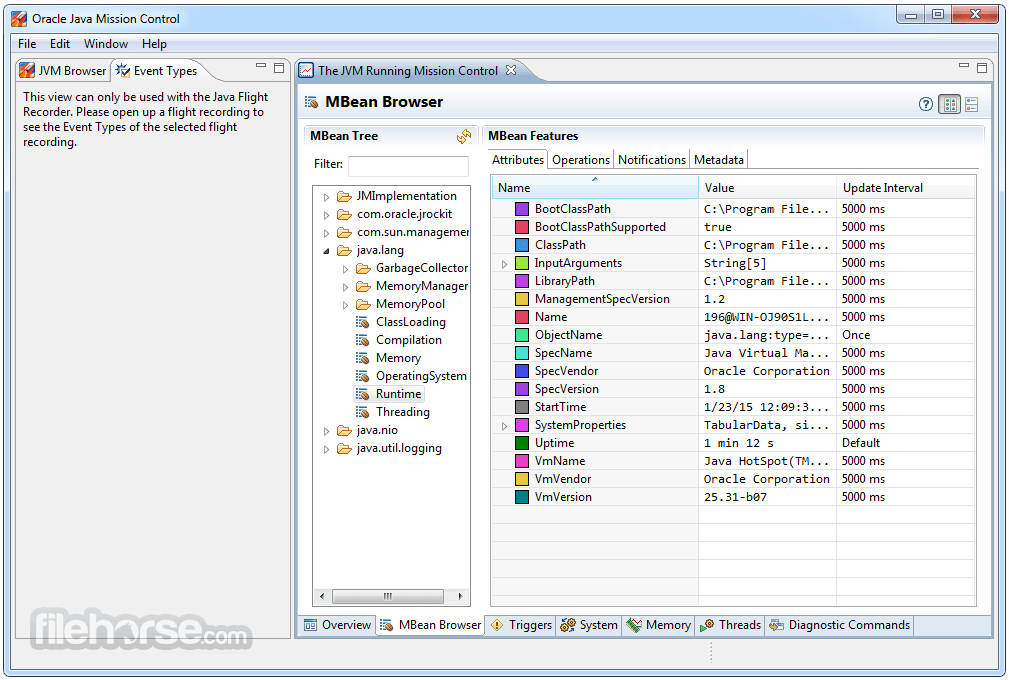
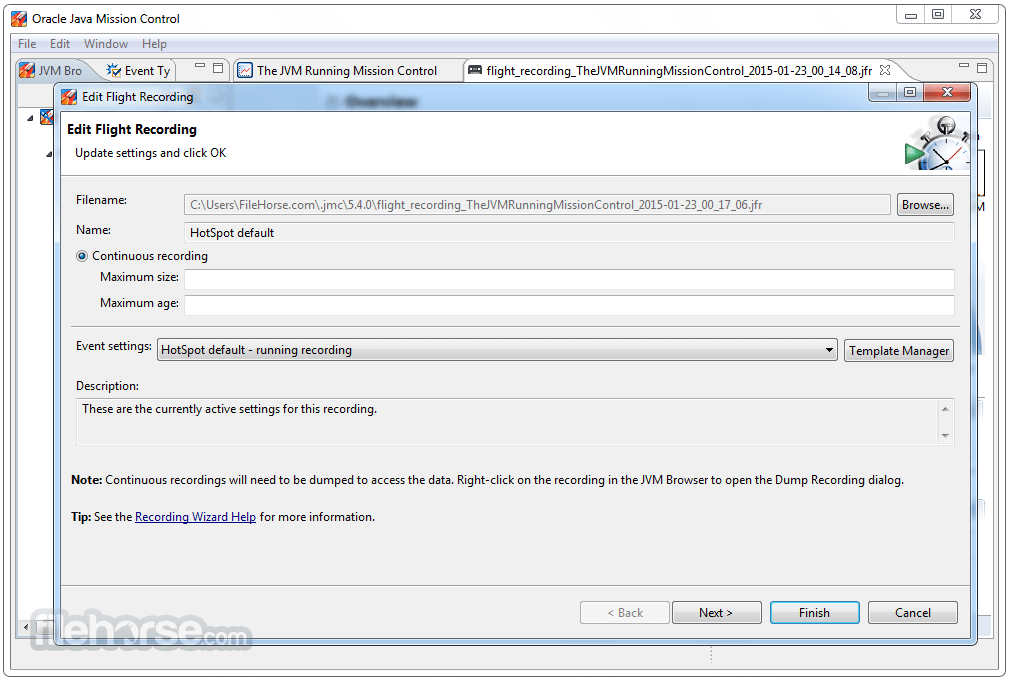
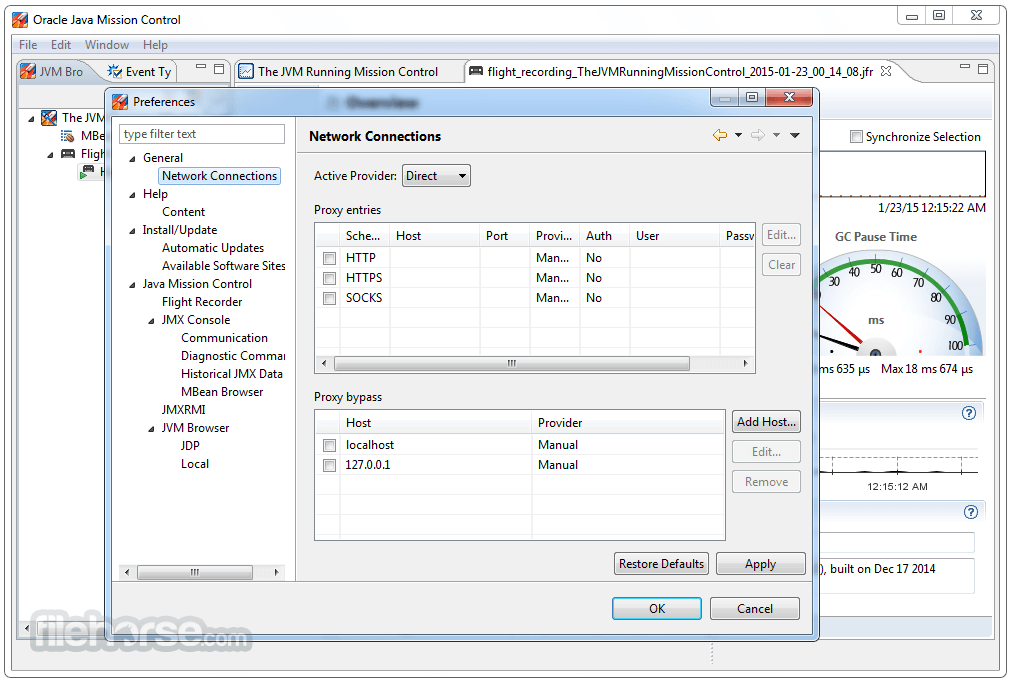





Comments and User Reviews